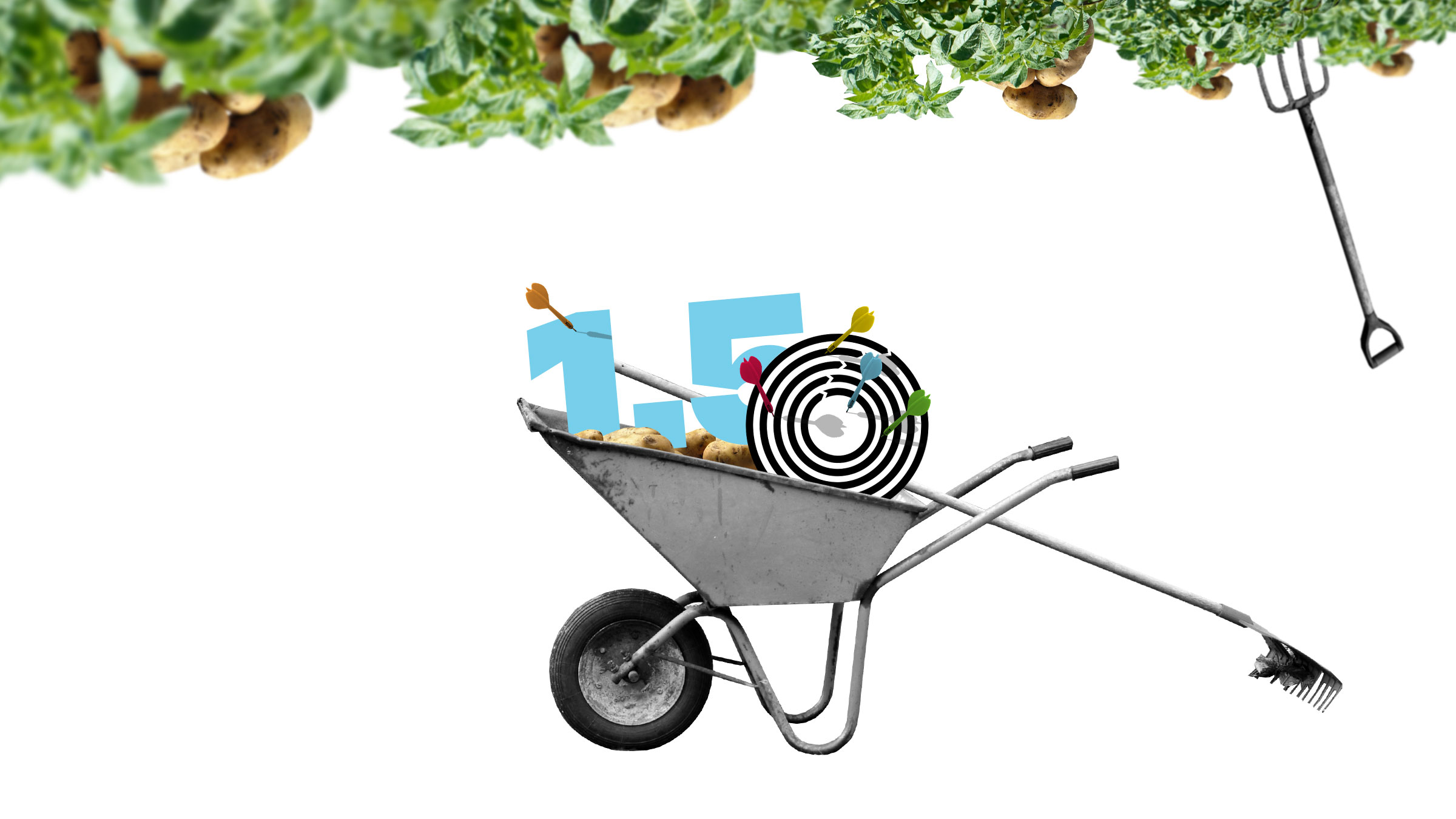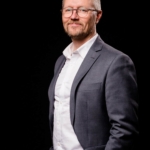Sitra and its partners were the first in the world to model how radically our lifestyles and consumption should change in order to keep global warming to 1.5 °C. The change requires new kinds of circular economy-based food production, businesses and co-operation, among other things. Sitra is now presenting its most recent pioneering solutions supporting the change: the urban food production centre in Vantaa, an updated list of the most interesting circular economy companies and the World Circular Economy Forum 2019, the showcase event in June featuring some of the world’s most influential economic reformers.
“There is a huge gap between our current lifestyles and the lifestyles that are in line with the Paris Agreement,” says Markus Terho, Project Director of Sitra’s Sustainable Everyday Life project. “The 1.5 °C lifestyle necessitates changes in our everyday habits at home, work and leisure.”
The reduction in Finland should already be as much as around 75% during the next decade. In developing countries such as India, Brazil and China, the reduction also needs to be great: between 23 and 84% by 2050.
Sitra has already shown that changes are possible in Finland: the emissions of the entire country can be reduced cost-effectively by 60% by 2030 and the Sustainable tax reform report shows how it is possible to reduce emissions while at the same time strengthening employment and the economy. The world’s first road map to a circular economy, created under Sitra’s leadership, will help Finland cope in a world where economic competitiveness and well-being will no longer be based on wasting natural resources and where clean Finnish solutions create export opportunities. You can test the carbon footprint of your own lifestyle on Sitra’s website using the Lifestyle test. The test also provides recommendations on smart and sustainable actions for everyday life.
New solutions for achieving the 1.5 °C lifestyle
The recently published report examines approximately 30 different alternatives for closing the huge lifestyle gap. Among others, the following choices have great potential to reduce carbon footprints significantly: replacing private cars with public transport or electric bikes for workplace commuting and for travelling to leisure activities; introducing more electric and hybrid cars; moving into a smaller apartment; producing heat energy and electricity from renewable energy sources; preferring plant-based and vegan diets; replacing dairy products with plant-based options; and replacing red meat with chicken or fish.
The recently opened urban food production centre in Vantaa produces food in line with the 1.5 °C lifestyle: The Urban Farm Lab at Metropolia’s Myyrmäki campus, which opened its doors on Wednesday 15 May, tests different urban circular economy food production technologies and the commercialisation of indoor farming. Five different companies produce food in the premises and utilise each other’s production waste; for example, carbon dioxide produced during mushroom growth is used in the cultivation of lettuce, and the loss generated during the cultivation of lettuce is used to feed crickets.
“Our goal is that Finnish companies establish similar food production centres in industrial parks, for example, and that Finland becomes a significant exporter of food technologies, instead of just exporting food,” says Merja Rehn, Sustainable Food System Specialist from Sitra’s Circular economy team.
The earning logic of companies will change in the 1.5 °C world
The circular economy is the key to change: the emphasis will shift from constantly producing new goods to consumption that is based on using services and sharing, lending and recycling goods instead of owning them. The most interesting circular economy companies list, maintained by Sitra, introduces Finnish circular economy business examples and will be expanded to cover 124 companies. The number of featured companies has skyrocketed in the past couple of years. The first list that was published in 2016 included 19 companies. Examples of new solutions include Combi Works (sharing existing surplus factory capacity resources with other companies through a sharing portal), Fiskars (resale of used products), Naps Aurinkovoimala (offering photovoltaic energy as a service to companies), Netlet (an online store selling excess material from construction sites) and Vapaus.io (offering shared use of vehicle services to companies).
“Finnish companies are beginning to understand that succeeding in the 1.5 °C world requires a new kind of business logic,” says Kari Herlevi, Project Director of Sitra’s Circular economy project.
A circular economy supporting the 1.5 °C lifestyle requires new kinds of co-operation between management, the business world, research, education and the public in general. To serve this purpose, Sitra founded the international circular economy summit World Circular Economy Forum (WCEF) in 2017. The forum assembled 1,600 participants from nearly 100 countries. WCEF will be organised for the third time between 3 and 5 June 2019 in Helsinki. WCEF2019 focuses on how circular economy solutions emerging around the world – the “best kept secrets” of the circular economy – can be implemented as widely as possible.



